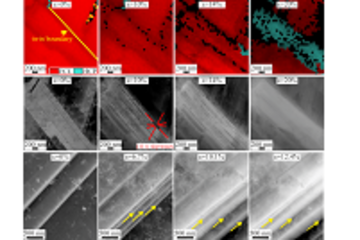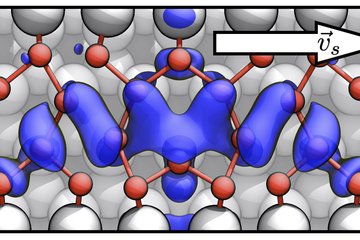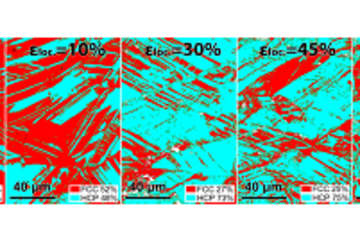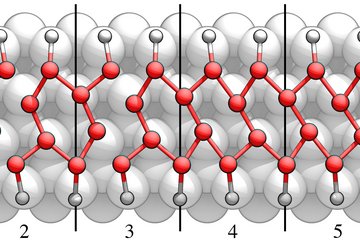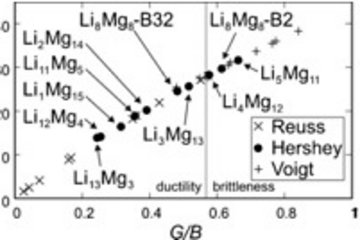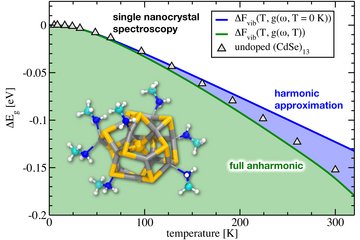All genres
81.
Talk
Towards a deeper understanding of molecular adhesion mechanisms by a combined approach of single molecule adhesion and DFT studies. 23. Workshop “Novel Materials and Superconductors”, Universitätssportheim Planneralm, Donnersbach, Austria (2008)
82.
Talk
Molecular Adhesion Mechanisms on Single Crystalline, Hydroxide Stabilized ZnO(0001) Surfaces. MRS fall meeting 2007, Boston, MA, USA (2007)
83.
Talk
Towards a better understanding of adhesion by a combined approach of single molecule adhesion and DFT studies. ECASIA 07, Brussels, Belgium (2007)
84.
Poster
Stabilisation of polar ZnO(0001) surfaces in dry and humid environment. FIESTAE - Frontiers in Interface Science: Theory and Experiment, Berlin, Germany (2011)
85.
Poster
Temperature Stabilised surface reconstructions at polar ZnO(0001). Gordon Research Seminar ''Corrosion - Aqueous'', Colby-Sawyer College, New London, NH, USA (2010)
86.
Poster
In-situ XAS investigations of the ZnO(0001)–Zn surface and electrolyte interface during dissolution and as a function of pH. Gordon Research Conference, Science of Adhesion, Colby-Sawyer College, New London, NH, USA (2009)
87.
Poster
Nanoscopic understanding of the surface chemistry and stability of polar ZnO(0001)-Zn surfaces in aqueous solutions. The 59th Annual Meeting of the International Society of Electrochemistry, Seville, Spain (2008)
88.
Poster
Acidic dissolution mechanism, pH-dependent stability and adhesion of single molecules studied on single crystalline ZnO(0001)–Zn model surfaces by in-situ AFM studies. Gordon Conference Graduate Research Seminar on Aqueous Corrosion, Colby Sawyer College, New London, NH, USA (2008)
89.
Poster
Acidic dissolution mechanism, pH-dependent stabilization and adhesion of single molecules on single crystalline ZnO(0001)–Zn model surfaces studied by in-situ AFM and DFT simulation. PSI-k Summerschool for Modern Concepts for Creating and Analyzing Surfaces and Nanoscale Materials, Sant Feliu de Guixols, Spain (2008)
90.
Poster
Study of Molecular Adhesion on ZnO(0001) by means of Single Molecule Adhesion Studies. 15th WIEN2k workshop, Vienna, Austria (2008)
91.
Poster
The structure of the ZnO(0001)-Zn surface and interface during acidic dissolution. HASYLAB users' meeting 2007 "Research with Synchrotron Radiation and FELs, Hamburg, Germany (2007)
92.
Teaching
Non-linear optics. Lecture: Specialized class on “Non-linear optics”, RUB (substituted for Prof. K. Morgenstern), SS 2014, Bochum, Germany, April 01, 2014 - September 30, 2014
93.
Teaching
Physical chemistry of surfaces and interfaces. Lecture: Course for PhD students of the IMPRS Surmat, Ruhr-Universität Bochum, Bochum, Germany, October 01, 2013 - October 31, 2013
94.
Thesis - PhD
A Contribution to Elucidate Interfacial Electric Double Layer Structures and Their Effects on Tribological Phenomena Using Force Microscopy. Dissertation, Fakultät für Maschinenbau der Ruhr-Universität Bochum, Bochum, Germany (2018)
95.
Thesis - PhD
A contribution to understanding interfacial adhesion based on molecular level knowledge. Dissertation, Fakultät für Maschinenbau, Ruhr-Universität Bochum, Bochum, Germany (2016)
96.
Thesis - PhD
Atomistic Understanding of Structure, Stability and Adhesion at ZnO/Electrolyte Interfaces. Dissertation, Technische Universität Wien, Fakultät der technischen Chemie, Wien, Austria (2008)
97.
Report
Structural properties of Ag@TiO2 nanocomposites measured by means of refection mode XAS measurements at beamline 8. (2008)
98.
Report
In-situ reflection mode XAS measurements of non equilibrium dissolution processes in aqueous electrolytes at beamline 8. (2008)
99.
Report
In-situ reflection mode XAS measurements of non equilibrium dissolution processes in aqueous electrolytes at beamline E2. (2007)




